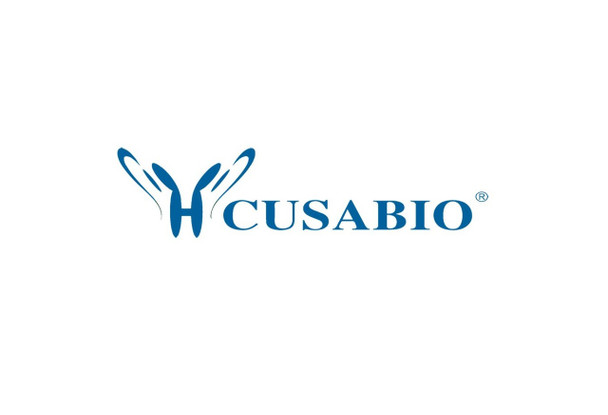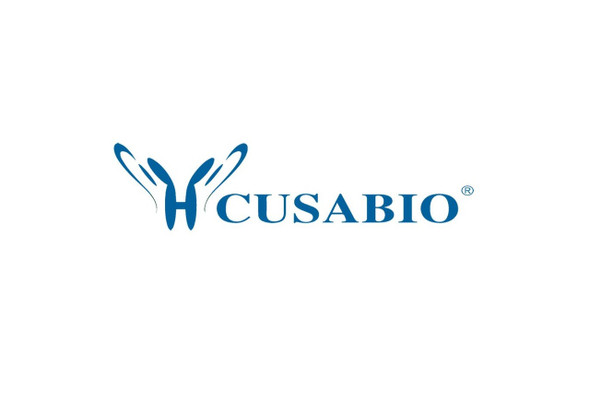Cusabio Mouse Recombinants
Recombinant Mouse Extracellular serine/threonine protein kinase FAM20C (Fam20c) | CSB-BP702804MO
- SKU:
- CSB-BP702804MO
- Availability:
- 3 - 7 Working Days
Description
Recombinant Mouse Extracellular serine/threonine protein kinase FAM20C (Fam20c) | CSB-BP702804MO | Cusabio
Alternative Name(s): Dentin matrix protein 4 (DMP-4) (Golgi-enriched fraction casein kinase) (GEF-CK) (Dmp4) (Kiaa4081)
Gene Names: Fam20c
Research Areas: Others
Organism: Mus musculus (Mouse)
AA Sequence: DFSSDPASNLTSHSLEKLPSAAEPVDHAPRGQEPRSPPPRDPAHRPLLRDPGPRPRVPPPGPSGDGSLLAKLFEHPLYQGAVPPLTEDDVLFNVNSDIRFNPKAAENPDWPHEGAEGAEFLPTGEAAVNLYPNWLKFHIGINRYELYSRHNPAIDALLRDLGSQKITSVAMKSGGTQLKLIMTFQNYGQALFKPMKQTREQETPPDFFYFSDYERHNAEIAAFHLDRILDFRRVPPVAGRMINMTKEIRDVTRDKKLWRTFFVSPANNICFYGECSYYCSTEHALCGRPDQIEGSLAAFLPDLSLAKRKTWRNPWRRSYHKRKKAEWEVDPDYCEEVKQTPPYDSGHRILDIMDMTVFDFLMGNMDRHHYETFEKFGNETFIIHLDNGRGFGKYSHDELSILAPLHQCCRIRRSTYLRLQLLAKEEHKLSLLMAESLQHDKVAPVLYQLHLEALDRRLRIVLQAVRDCVEKDGLSSVVEDDLATEHRASTER
Source: Baculovirus
Tag Info: N-terminal 10xHis-tagged and C-terminal Myc-tagged
Expression Region: 88-579aa
Sequence Info: Full Length of Mature Protein
MW: 60.4 kDa
Purity: Greater than 85% as determined by SDS-PAGE.
Relevance: Golgi serine/threonine protein kinase that phosphorylates secretory pathway proteins within Ser-x-Glu/pSer motifs and plays a key role in biomineralization of bones and teeth. Constitutes the main protein kinase for extracellular proteins, generating the majority of the extracellular phosphoproteome. Mainly phosphorylates proteins within the Ser-x-Glu/pSer motif, but also displays a broader substrate specificity. Phosphorylates casein as well as a number of proteins involved in biomineralization such as AMELX, AMTN, ENAM and SPP1. In addition to its role in biomineralization, also plays a role in lipid homeostasis, wound healing and cell migration and adhesion
Reference: "Dentin matrix protein 4, a novel secretory calcium-binding protein that modulates odontoblast differentiation." Hao J., Narayanan K., Muni T., Ramachandran A., George A. J. Biol. Chem. 282:15357-15365(2007)
Storage: The shelf life is related to many factors, storage state, buffer ingredients, storage temperature and the stability of the protein itself. Generally, the shelf life of liquid form is 6 months at -20?/-80?. The shelf life of lyophilized form is 12 months at -20?/-80?.
Notes: Repeated freezing and thawing is not recommended. Store working aliquots at 4? for up to one week.
Function: Golgi serine/threonine protein kinase that phosphorylates secretory pathway proteins within Ser-x-Glu/pSer motifs and plays a key role in biomineralization of bones and teeth
Involvement in disease:
Subcellular Location: Secreted, Golgi apparatus
Protein Families: FAM20 family
Tissue Specificity: Highly expressed in the tooth. No expression in the dental pulp. At the secretory stage of amelogenesis, it is detected in the matrix of the enamel, in the ameloblasts, and within the cells adjoining the stratum intermedium (a tissue layer analogous to the stellate reticulum seen in the developing molar). Strong expression is observed in maturation stage ameloblasts and throughout the non-cornified layers of the gingival epithelium. Expressed at moderate levels in bone and at low levels in kidney, liver, brain and lung. Very low expression, if any, in spleen and skeletal muscle.
Paythway:
Form: Liquid or Lyophilized powder
Buffer: If the delivery form is liquid, the default storage buffer is Tris/PBS-based buffer, 5%-50% glycerol. If the delivery form is lyophilized powder, the buffer before lyophilization is Tris/PBS-based buffer, 6% Trehalose, pH 8.0.
Reconstitution: We recommend that this vial be briefly centrifuged prior to opening to bring the contents to the bottom. Please reconstitute protein in deionized sterile water to a concentration of 0.1-1.0 mg/mL.We recommend to add 5-50% of glycerol (final concentration) and aliquot for long-term storage at -20?/-80?. Our default final concentration of glycerol is 50%. Customers could use it as reference.
Uniprot ID: Q5MJS3
HGNC Database Link: N/A
UniGene Database Link: UniGene
KEGG Database Link: KEGG
STRING Database Link: STRING
OMIM Database Link: N/A









